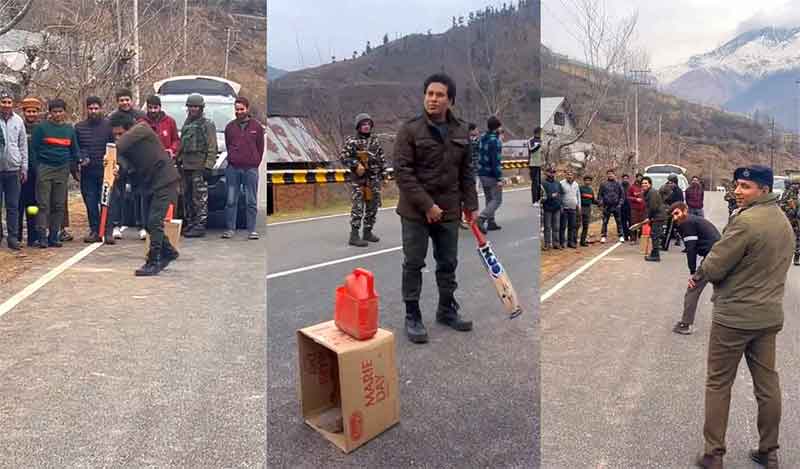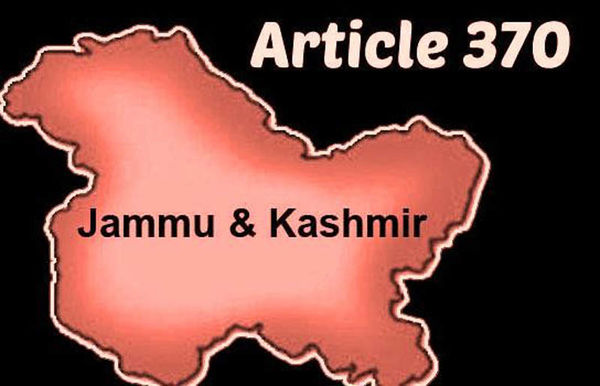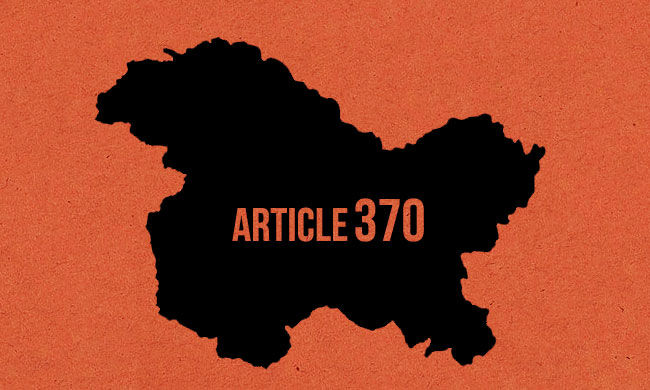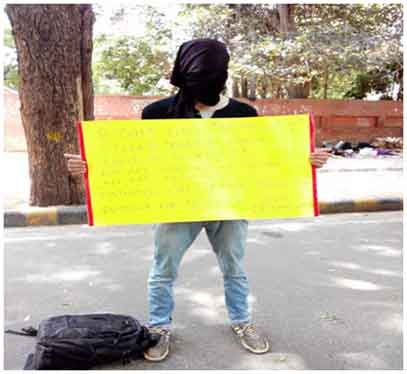CO-Written by Waseem Ahmad Bhat & Adil Qayoom Mallah

The contemporary world is an insecure place full of threats on many fronts. Natural disasters, violent conflicts, chronic and persistent poverty, health pandemics, international terrorism and sudden economic and financial downturns can impose significant threats for the prospects of sustainable development, peace, order and stability. Such crises are complex, entailing multiple forms of human insecurity.
When insecurities overlap, they can grow exponentially spreading into all aspects of people’s lives, destroying entire communities and crossing national borders. The human security approach provides a new way of thinking about the range of challenges that the world confronts and how the global community responds them.
Human security is about security for the people, rather than for states or governments. The advocates of human security look not only at threats to the survival and safety of the individual from violent conflicts but also from such non-violent factors as poverty, disease, environmental degradation and natural disasters. Subsequently, it has been reinforced by new security threats such as genocides, financial meltdowns and global pandemics.
In the present context, the world is confronting the biggest challenge i.e., Covid-19 crisis. The Covid-19 caused by the new Corona Virus emerged in the Wuhan city of China in December 2019. The spread of Covid-19 pandemic remains unabated, impacting nearly 85% of the globe. Surprisingly, the worst affected are the developed economies of the Europe and the United States, despite their advanced health care systems and a very favourable doctor/population ratio. No vaccine has been developed so far, yet certain preventive measures can help in minimizing the impact of this deadly virus. Such as frequent hand washing, coughing into the bend of one’s elbow and staying home, by following the norms put forward by the different governments and agencies like the WHO.
Although the US President Donald Trump called it the “China virus”, yet it crossed the sovereign borders with much ease. The Covid-19 is not the first human security threat of its kind faced by the world community. There have been threats like Ebola, SARS, HIV/AIDS, Global Warming, Bird Flu etc. Though these have not been eliminated completely, yet controlled to a large extent. What makes covid- 19 such a global threat is the rate at which it has spread and the rate of intensity at which it has multiplied its victims.
The Covid-19 pandemic has touched each and every aspect of human life, be it socio-cultural, political or economic. The impact has been such that the whole world is in lockdown. It spreads without any distinction. From most advanced countries to least developed it has left no stone unturned. The world is facing the financial meltdown which has culminated into the death of thousands of lives.
The workers associated with informal sector have to face the brunt of the crises all over the world. India is no exception to this pandemic. So far 47,480 people have tested positive resulted in the death of 2415. The International Labour Organization (ILO) reported in April 2020 that if the lockdown in India continues, it may push 40 crore informal sector workers into deeper poverty. The report further says, India is among the countries ill equipped to handle the situation, as they have either less or no access to basic services, particularly health and sanitation, is limited; decent work; social protection and safety are not a given; their institutions are weak; and social dialogue is impaired or absent.
Impact of Covid-19 on Kashmir
The erstwhile state of Jammu and Kashmir had been under lockdown for the last nine months, following the abrogation of article 370. At present the only medium of communication is internet which we have been deprived off, as the low speed 2g internet does no good to us.
The covid-19 pandemic has only added salt to the injuries; so for more than 930 people have tested positive, resulted in 10 deaths. Though the government has announced the complete lockdown and is encouraging the home quarantine and social distancing yet the authorities are dealing with people with the same old iron rod method. The hardships faced by the people seem to be unending, as there is no concrete policy by the government to make the conditions better. The shortage of masks and PPE in governmental hospitals may result as a catastrophe for the Doctors, nurses, medical workers and ultimately it may prove a disaster for the poor Kashmir.
As the Covid-19 has been declared pandemic, however, it needs greater cooperation to combat this deadly virus at international, national and local level. The precautions and preventive measures need to be adhered by the people vis-à-vis the governments have to make sure that the security threats other than covid-19 does not take toll on the human beings (like Hunger, Starvation, Poverty, Mal-nutrition etc.) Indeed, these are the testing times for the governments as well as the people, it is very important that they work in coordination and cooperate with each other so that the most vulnerable sections, the poor, the marginalized can be taken care off and the lives can be saved. Now the people have to play an active and positive role in defeating this virus by adhering to appeals made by the different agencies and organizations, consequently, the newly emerged security threat could be avoided till the antidote arrives.
To sum up, the Covid-19 pandemic has challenged the traditional notion of security, and there is increasing acceptance that focusing on the traditional notion of security would no longer suffice, the nation-states and the international community must develop new responses to ensure the protection of people from transnational dangers in an era of globalization. International community is combating a threat where it has to find ways of promoting human security as a means of addressing a growing range of complex transnational dangers (among which Covid-19 is one) which is having a much more drastic and destructive impact on the lives of the people than conventional military threats to states.
The authors are the Research Fellows at University of Kashmir,
email: [email protected]/[email protected]
SIGN UP FOR COUNTERCURRENTS DAILY NEWS LETTER
















































